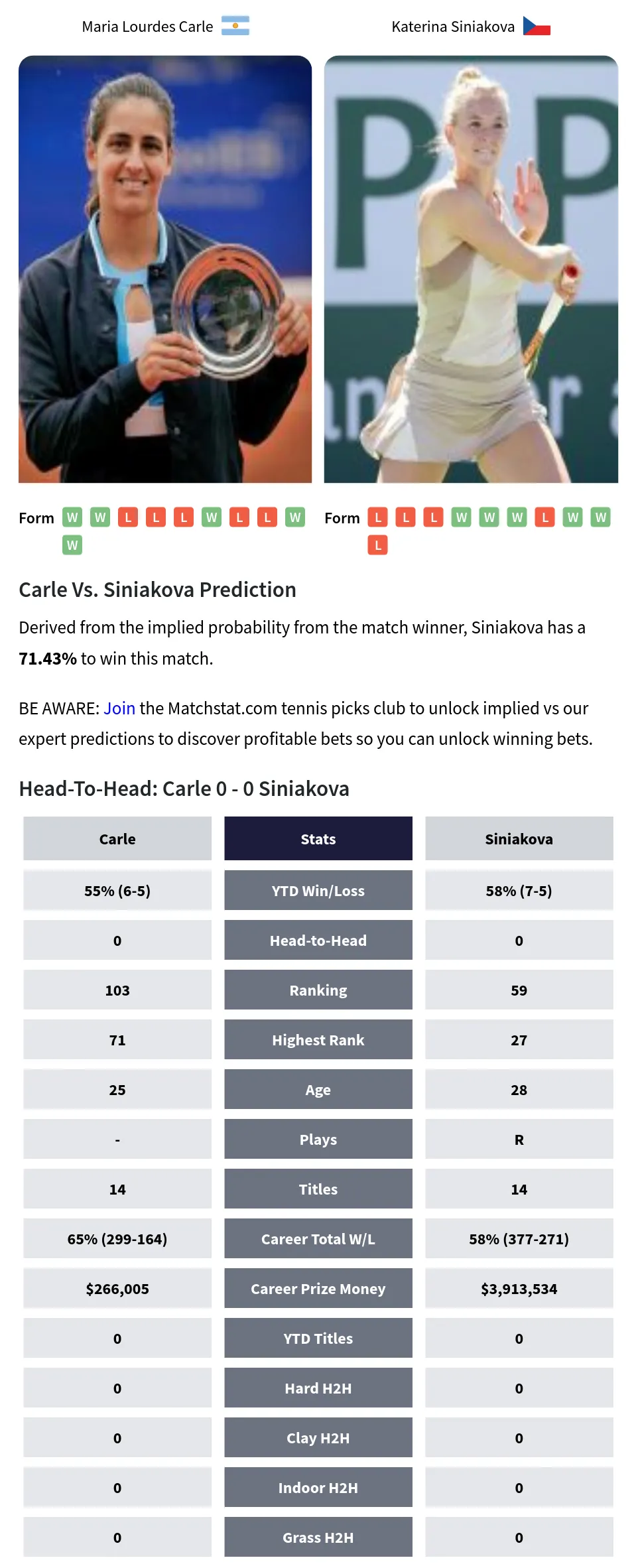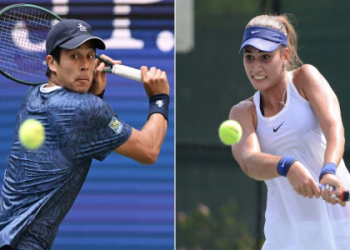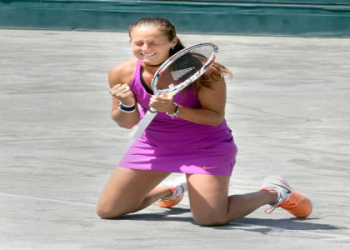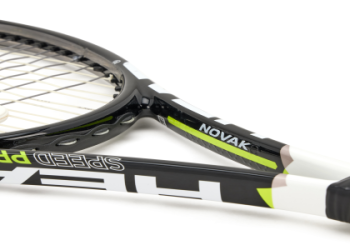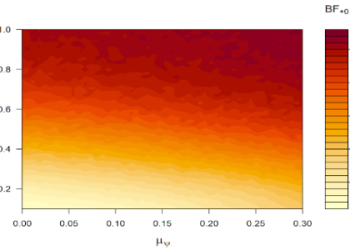Alright folks, gather ’round! Let me tell you about my little adventure trying to predict Katerina Siniakova’s tennis matches. It was a wild ride, let me tell ya.
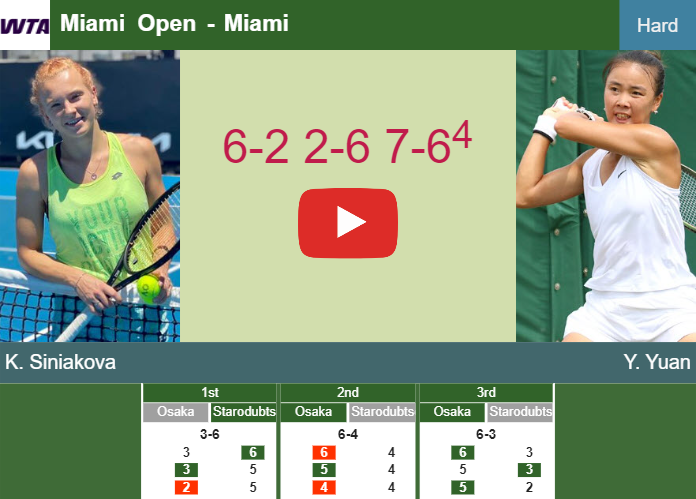
So, first things first, I started by gathering data. Tons of it! I scoured the internet for past match results, stats on her serves, her returns, her performance on different court surfaces – the whole shebang. I basically wanted to know everything about how she plays, like I was her coach or something.
Then came the fun part, well, kind of fun. I tried a few different prediction models. At first, I thought, “Hey, I’ll just use a simple ranking system!” Yeah, that didn’t work so well. Rankings can be misleading, especially when you factor in form, injuries, and just plain luck.
Next up, I dove into some machine learning stuff. I used a logistic regression model. Sound fancy, right? Basically, it tries to predict the probability of her winning based on all the data I fed it. I tweaked the features, added more data, and even tried different algorithms, but the results were… inconsistent, to say the least.
The biggest challenge was the unpredictability of tennis itself. You can have all the data in the world, but sometimes a player just has a bad day, or their opponent is on fire. It’s not like predicting the stock market, but it felt just as frustrating sometimes!
After a few weeks of tinkering, I finally got a model that was… okay. It wasn’t perfect, not by a long shot. It was right maybe 60-70% of the time. Not bad, but not good enough to bet my life savings on, haha!
- Data Collection: Started with historical match data, including stats like ace percentage, break points saved, and court surface.
- Model Building: Experimented with ranking systems and machine learning algorithms (logistic regression).
- Feature Engineering: Tweaked the data inputs to improve model accuracy.
- Evaluation: Measured model performance using metrics like accuracy and precision.
What I Learned
Look, I’m not a professional sports analyst or anything. This was just a fun side project. But I learned a ton! I learned that predicting sports outcomes is REALLY hard. I also learned a lot about data analysis, machine learning, and the importance of good data.
Would I do it again? Maybe. But next time, I’ll probably just enjoy watching the matches instead of stressing about who’s going to win!
